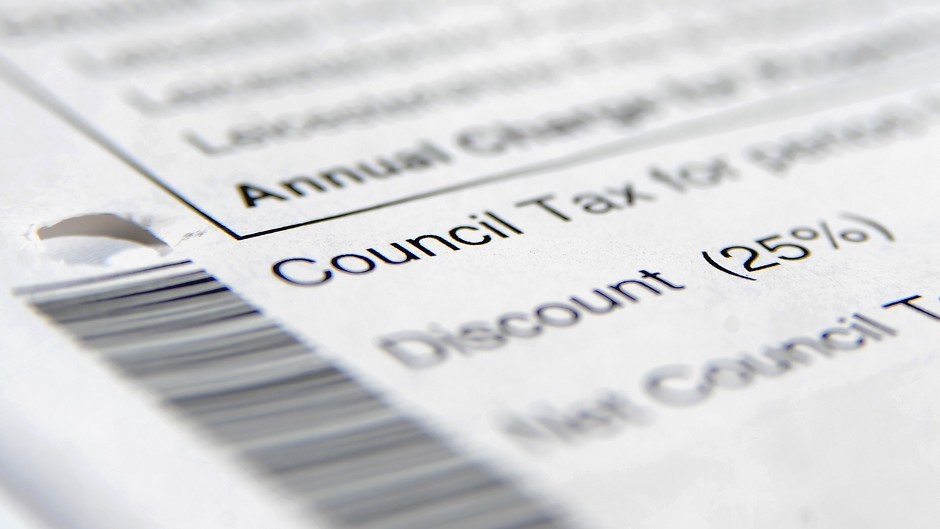North-east families could face a financial hammering if council tax is changed, a government report has warned.
Experts have suggested that any move to re-evaluate homes, or introduce a local income tax, could lead to a flight of capital from Aberdeenshire.
The long-awaited Commission on Local Tax Reform report has argued for replacing the current council tax – frozen since 2007 – with a local income tax, land tax or property tax.
It has been branded a “missed opportunity” for failing to reach a definitive recommendation.
But the cross-party investigation does conclude that revaluation would “increase the size” of the tax burden on families in Aberdeenshire.
The report, which leaves it up to political parties to choose the option they prefer ahead of the election, also suggests that a local income tax could lead to a “fiscal flight” as high-earners look to move to less expensive local authorities.
It states: “Changing the base of a property tax to up-to-date values – rather than those from 1991 – will result in a geographical shift in the tax base within Scotland.
“House price increases have not been the same in all areas. This means that some local authorities would become more dependent on grants from central government and others less so.
“The analysis we conducted with Heriot-Watt University looked at the likely impact on seven local authorities and found that all else being equal, revaluation would increase the size of the Council Tax base in Edinburgh and Aberdeenshire.”
The ‘Just Change’ report has the backing of every single political party in Scotland, with the exception of the Scottish Conservatives, which has organised its own report.
David O’Neill, president of Cosla and co-chair of the Commission added: “We have conducted more in-depth analysis of potential alternatives to the present system of council tax than ever before, with the aim of promoting understanding and stimulating debate among the public and politicians on the future of local taxation.”
But Liberal Democrat leader Willie Rennie said he was disappointed the report did not come to a firm conclusion.
He said: “This report sets out plenty of alternatives for the reform of local government finance but after eight years, people might have expected more from a government that said it was committed to reforming the council tax system.
“By setting out the choices we have, clearly the report moves the debate along, but ultimately people may think that this was a missed opportunity to build cross-party consensus.
“We will have to consider very seriously how the next parliament, elected in May, can make the progress that the SNP have failed on for eight years.”
